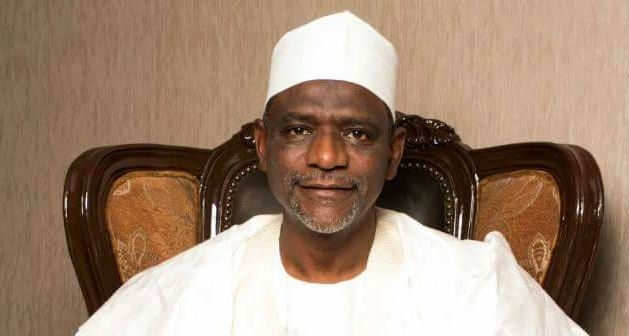The Corporate Accountability and Public Participation Africa (CAPPA) has urged the Nigerian government to remove every hindrance to free and quality public education by supporting the Abidjan Principles adopted in 2019 by a group of human rights experts from around the world in Cote D’Ivoire.
This demand is the core message in a letter that CAPPA sent to Ministries of Education and Foreign Affairs as a host of organisations across the globe ramp up targeted advocacy and awareness aimed at policy makers about the principles.
The global awareness efforts began on June 14, 2021.
The Abidjan Principles are a reference point for governments, educators and education providers when debating the respective roles and duties of states and private actors in education. They compile and unpack existing legal obligations that States have regarding the delivery of education, and in particular the role and limitations of private actors in the provision of education. They provide more details about what international human rights law means by drawing from other sources of law and existing authoritative interpretations.
CAPPA’s letter with the subject: Opportunities to Strengthen the Right to Education in Nigeria and Globally, and dated Wednesday 23rd of June 2021 commended the Nigerian government for the recent launch of the Alternate School Programme (ASP), designed to ensure that every out-of-school child in Nigeria gains access to quality basic education, irrespective of social, cultural, or economic circumstance, in line with the aspirations of Sustainable Development Goal 4 (SDG-4).
CAPPA however urged the Nigerian government to support the upcoming resolution on the right to education, which will be discussed at the ongoing 47th Session of the Human Rights Council, and to request that the Resolution includes a call for the United Nations to provide support to governments to use the right to education to strengthen public education systems, in the post-COVID 19 context.
It advised the Nigerian government take the opportunity of participation in the Global Education Summit on 28 and 29 July 2021, co-hosted by UK Prime Minister Boris Johnson and Kenya’s President Uhuru Kenyatta to commit to maintain/increase the current share of the national budget allocated to education (aiming at least 6% of GDP), dedicate this budget to public education, and insist that the Global Partnership for Education (GPE) must focus its funding in support of public education systems and not commercial providers of and actors in education.
At the national level, CAPPA wants the government to consider a training or presentation for relevant public officials including those at the Ministry of Education, on the practical use of the Abidjan Principles in supporting the right to education, to guide education planning.
CAPPA’s Executive Director, Akinbode Oluwafemi said: “Nigeria, just like other countries that have endorsed the principles, has an obligation to remove all obstacles to free, inclusive, quality, public education. This obligation is grounded in the Universal Declaration of Human Rights of 1948 and elaborated in the International Covenant on Economic, Social and Cultural Rights of 1966.”
The Abidjan Principles is made up of 97 Guiding Principles and 10 overarching Principles that provide an overview and summary of the Guiding Principles.

